
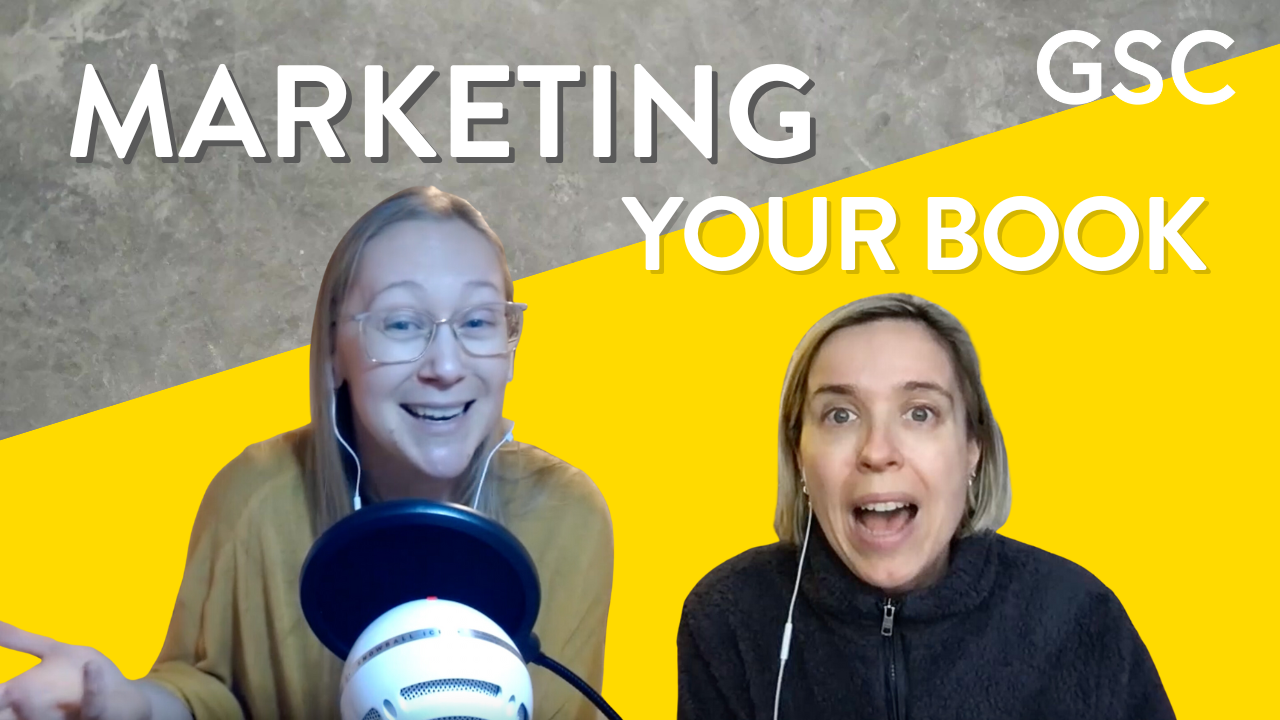
Marketing Your Book With Emily Enger
Book Marketer and PR Coach Emily Enger joins Mary to talk about some of the aspects of the writing process that might leave a yucky taste in our mouths. Tune in for actionable tips and insights into a publicist and marketer's side of the publishing world.

Writing Shy Characters
How do you write shy characters? Shy people often have rich inner worlds that are teeming with life; they’re just selective about who they let inside. Here are a few ways to help you show your shy character’s true nature.
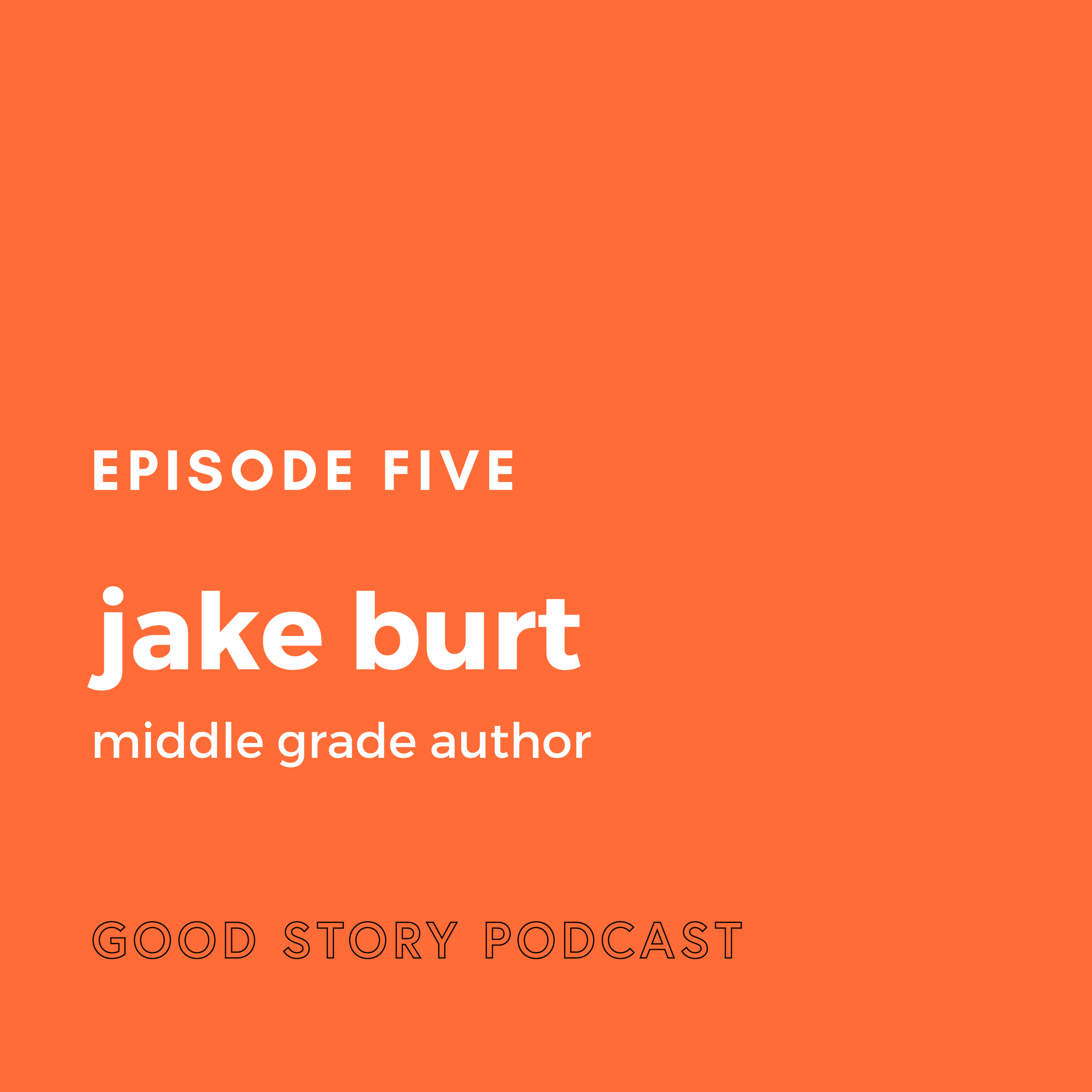
Episode 5: Jake Burt, Middle Grade Author
A podcast interview with middle grade author Jake Burt, all about writing diversity from a place of privilege.

How to Be a Writing Buddy
How is a writing buddy different from a critique partner or writing partner? The terms are often used interchangeably, but I happen to think that a “writing buddy” is friendlier. So here’s how to be a good one, and boost your own critique and writing skills at the same time.

Tips for Writing Theme
The act of writing theme is an important ingredient in storytelling, but it doesn’t have to resound with Meaning-with-a-capital-M. In fact, theme works best when it’s subtle and even open to interpretation. Here are three tips that’ll help you incorporate theme into your story.
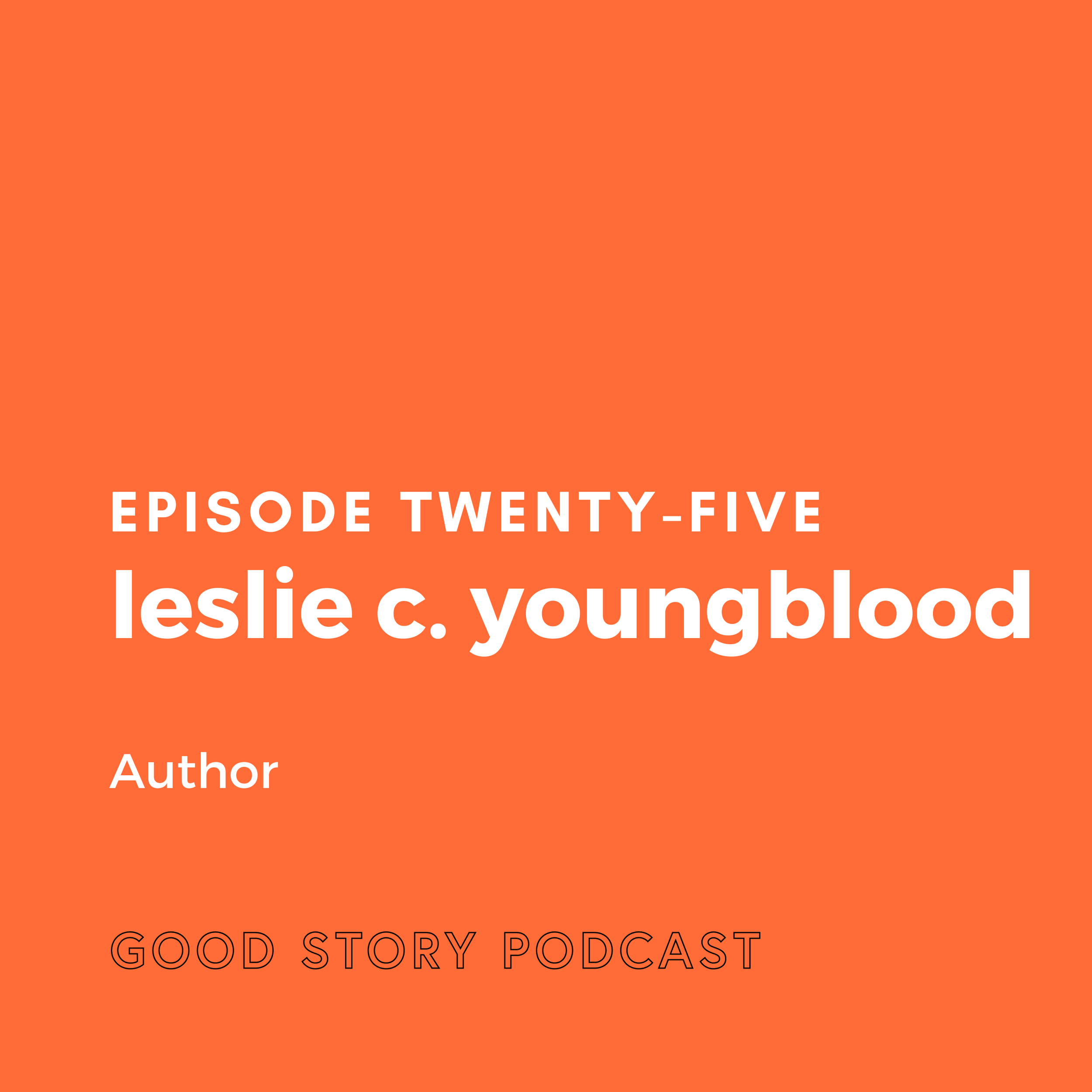
Episode 25: Leslie C. Youngblood, Author
Leslie C. Youngblood shares her journey through her MFA program, gives tips on crafting interesting character relationships, and weighs in on one of the hottest questions for authors today: traditional or self-publishing?

I Need a Hero: Writing an Active Protagonist
An active protagonist drives the story. Meaning? Your main character should want specific outcomes and fight for them. That’s where the conflict in the story comes from: everything that fights back. For tips on activating the hero of your story, read on.

Writing The Opening Line
The opening line is your first opportunity to make an impression and entice your readers. You should want the opening line to work for the story and be meaningful, but at the same time you don’t want it to do too much. Here’s how to find that balance.
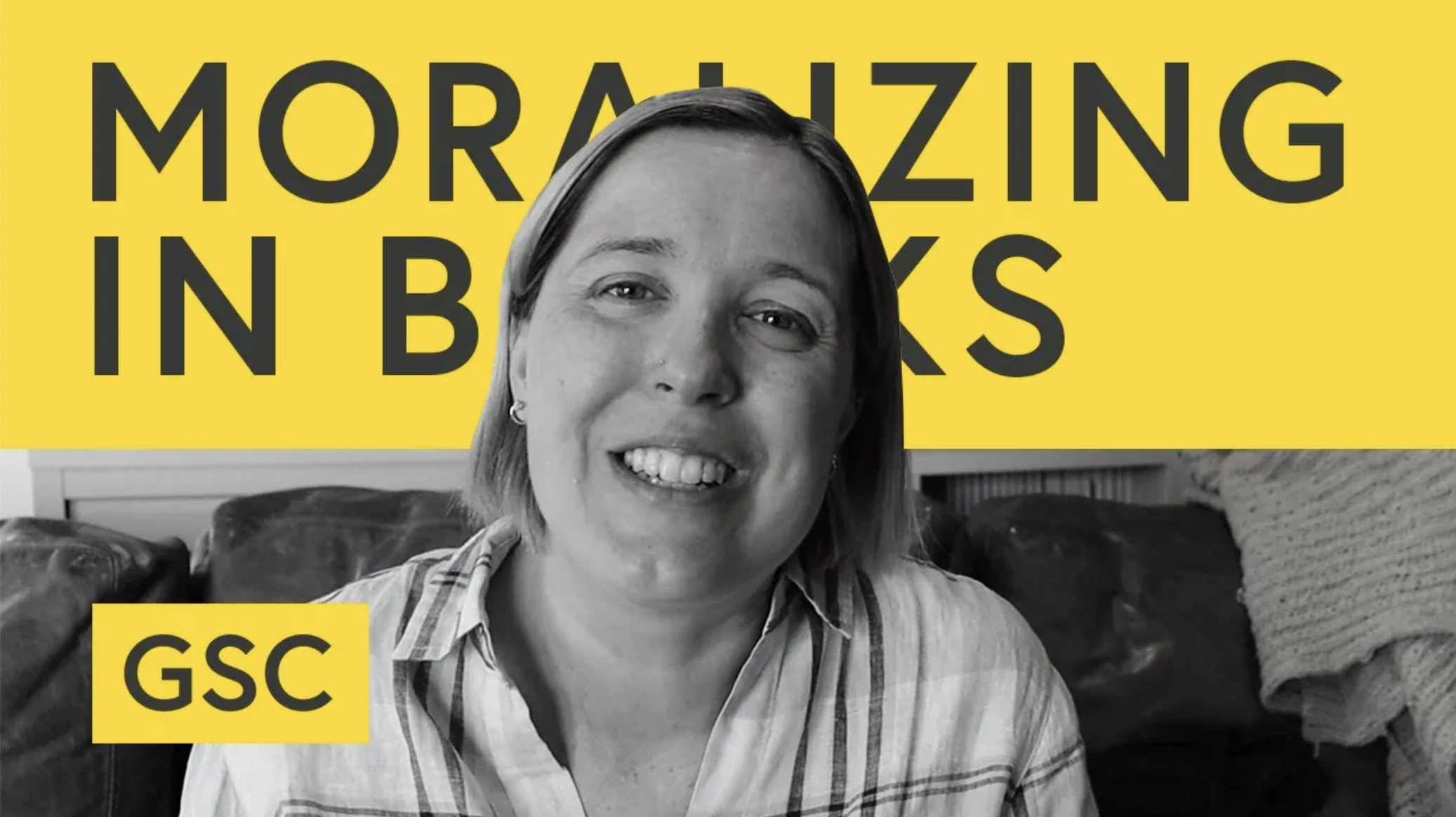
Moralizing in Books
Think twice before you moralize in your book. Ditch "sharing is caring!" and go for a more nuanced message. Here's how.

Writing Female Characters
Writing female characters can be harder than you expect, as a writer, but it’s important to get right. There are some blind spots that many of us—men and women alike—have when it comes to crafting compelling female characters.
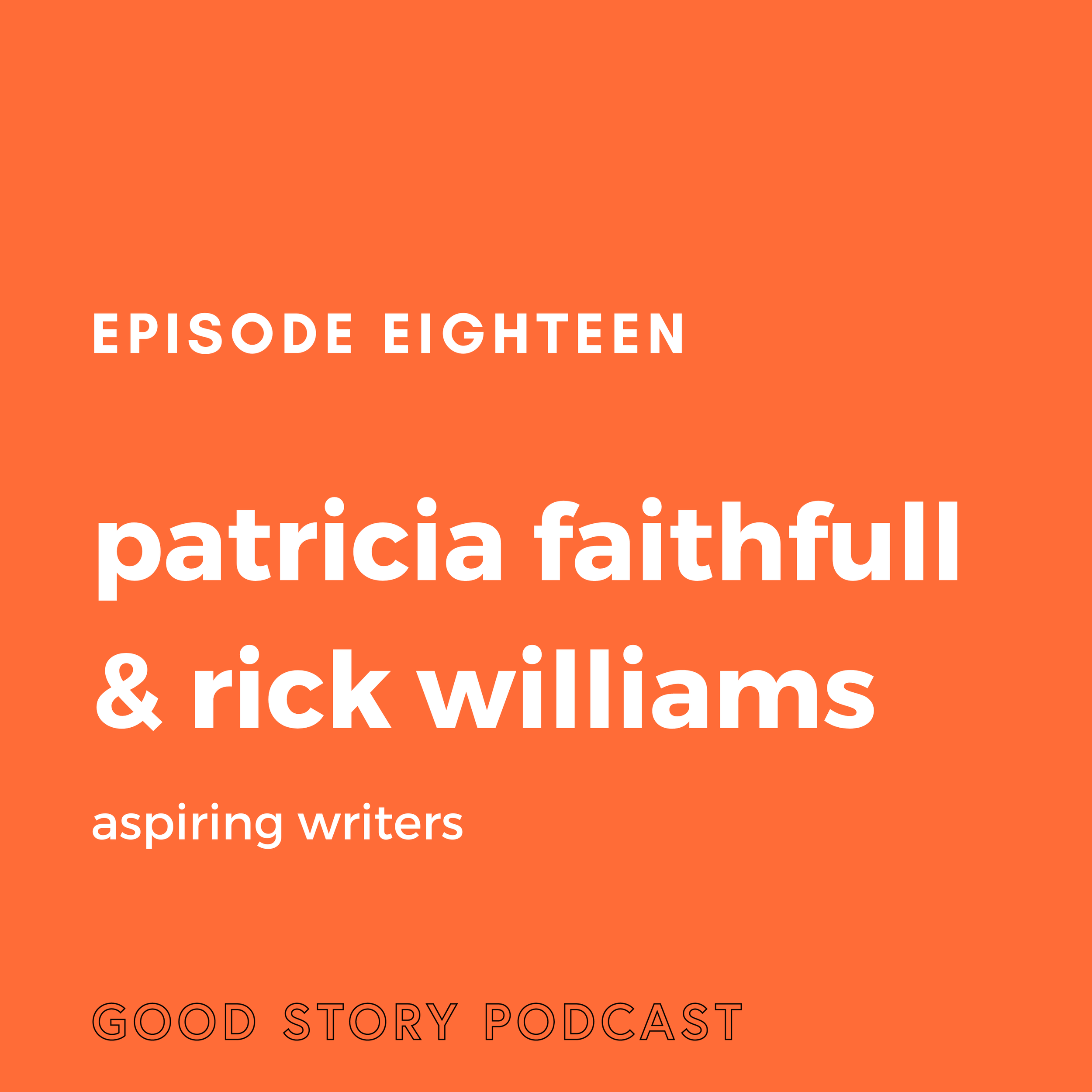
Episode 18: Patricia Faithfull and Rick Williams, Aspiring Writers
A conversation about "The Emotion Thesaurus" as well as writing tools in general and whether human input can ever be replaced by tools.

Episode 23: Jonathan Auxier, Writer of Strange Stories for Strange Kids
NYT Bestselling young adult and middle-grade author Jonathan Auxier joins Mary Kole to discuss visual writing, worldbuilding, and how different media use dialogue to create action.

Raising the Stakes
Raising the stakes is a great way to sew tension in your story, and fear of failure is something everyone can relate to. The constant battle between running toward the goal while running away from the alternative will keep readers engaged and invested in your characters. Know how to identify your stakes and when to make them bigger.

How to Organize Your Writing
If you’re a beginning writer, you may be wondering how to organize your writing. Working on a novel means you’ll have lots of bits and pieces to keep track of: character and setting notes, plot outlines, reference photos, versions of your manuscript, notes to yourself, quotes and inspiration to keep you going when the going gets tough...yikes!
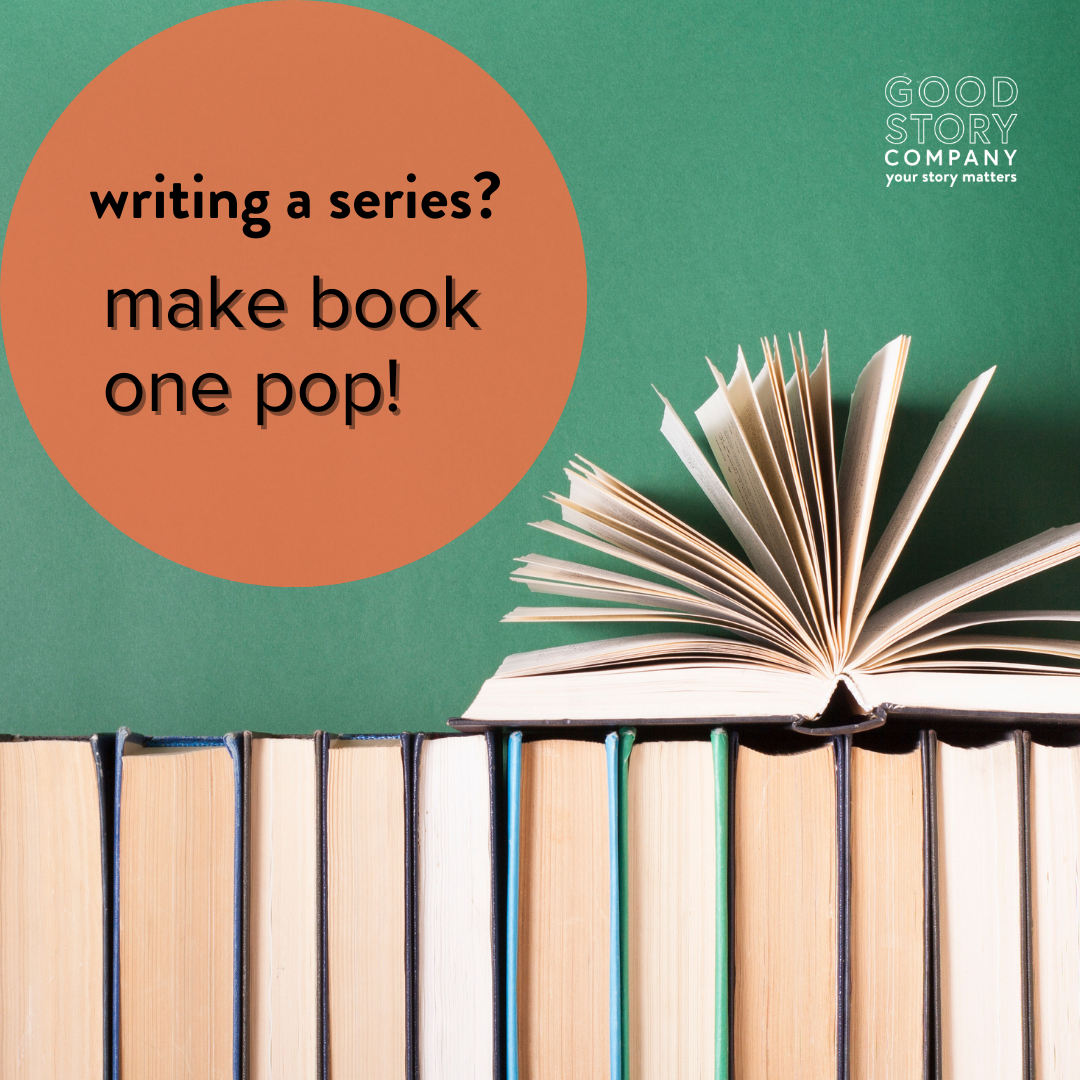
Writing a Series? Make Book One Pop!
Writing a series? You’ll want to pay special attention to making Book One pop. Getting that first book right, though, can be a tall order. Make sure to include the following elements for a captivating Book One.
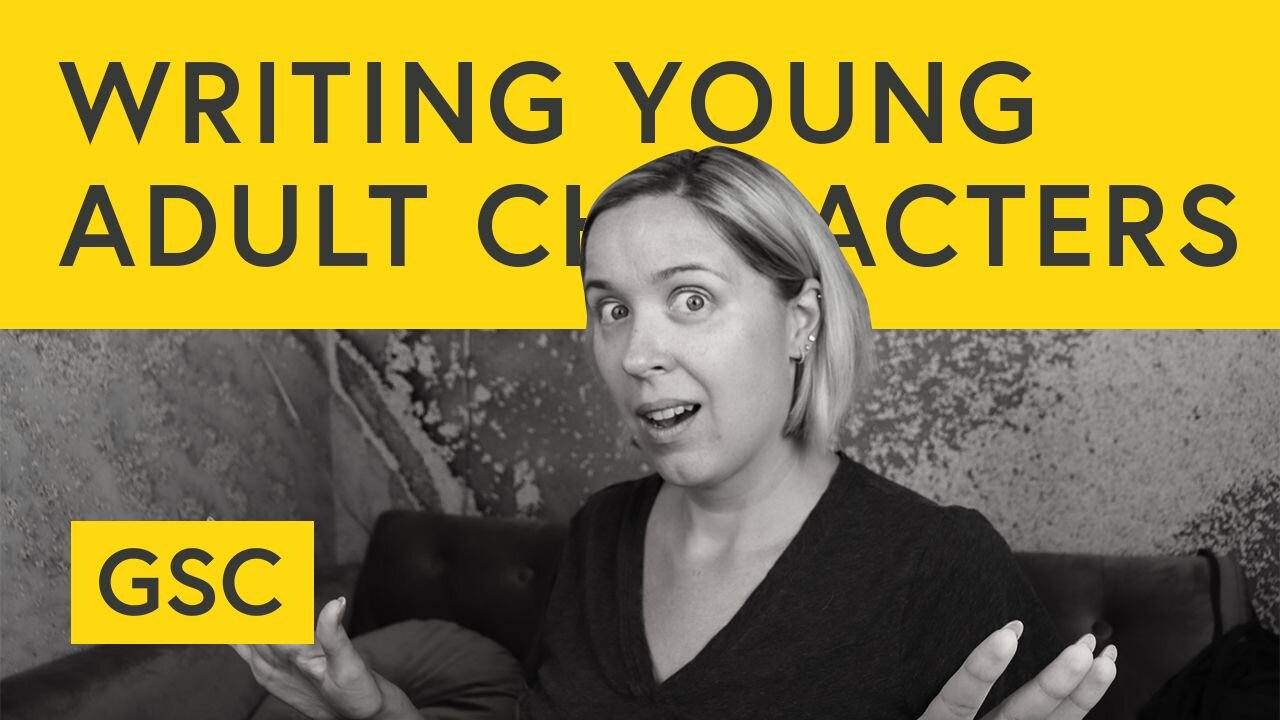
Writing Young Adult Characters
Young adult characters are incredibly dynamic. Their worlds are bigger, larger than life. There's always something behind any big feelings in middle grade and young adult that fosters a relationship between the character and the audience. And that is super crucial in the young adult genre.

Write What You Know
“Write what you know” is common advice, but it can feel like an attempt to limit creativity. You write to discover new places and understand different points of view. If you only write what you know, how can you write about what you don’t know?

A Million Bad Words
In order to write, you have to WRITE! Spending time learning theory, taking classes, and reading books are beneficial, but ultimately it is practice that will make you a better writer. Learn how a million bad words can turn into a good story.
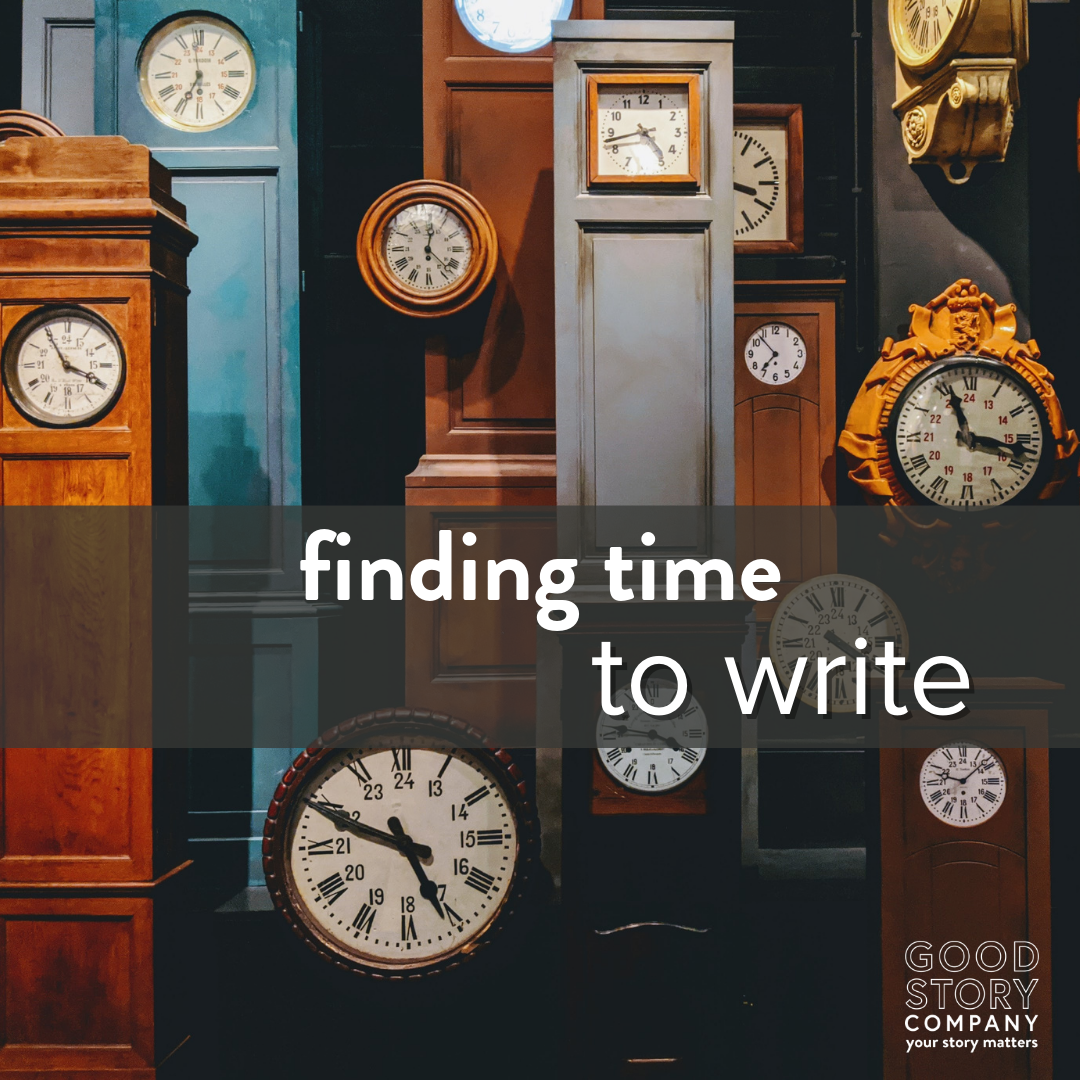
Finding Time to Write
Finding time to write can sometimes seem impossible. If you have a packed schedule due to school, your day job, or multiple day jobs, you may think it’s impossible to start your novel, let alone finish it. Here are some ways to carve out time in your day to write.

Writing Across Age Groups with Alice Kuipers
Multi-published author Alice Kuipers chats with Mary about getting published, what it's like to have a writing career, and craft insights across categories.
